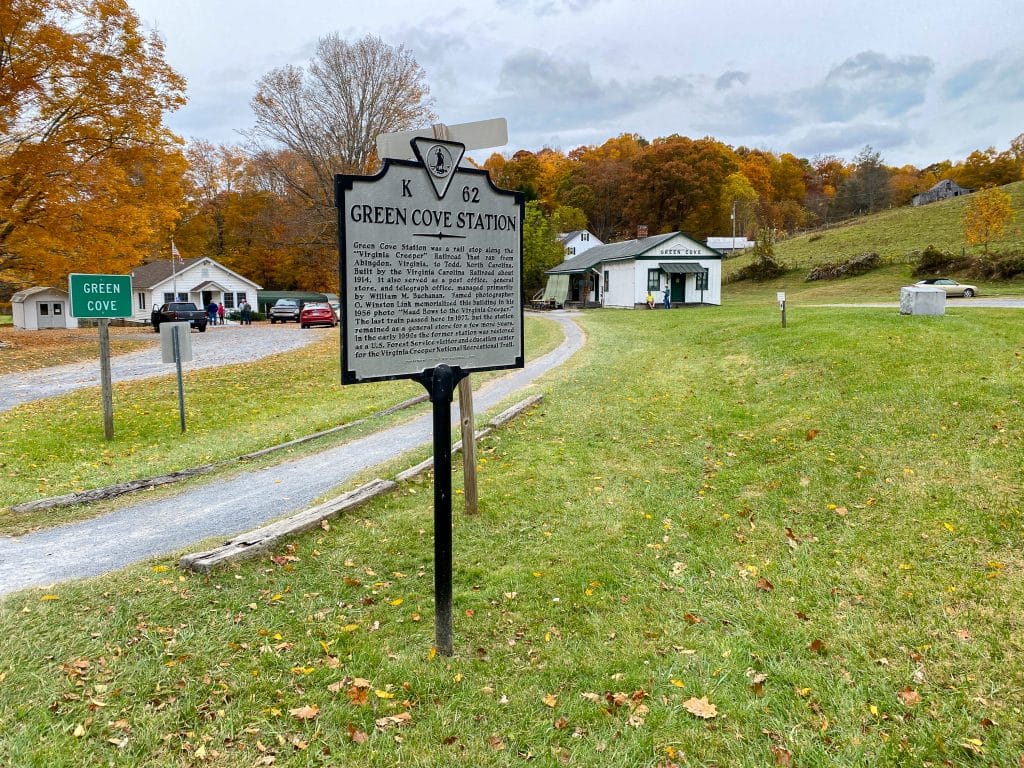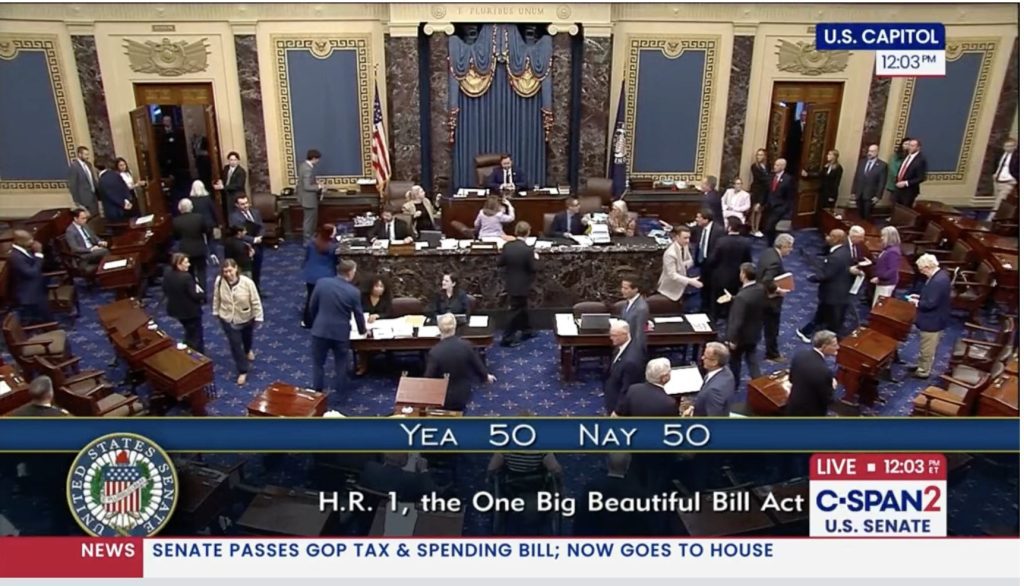Threats to Native Fauna: WIld American Ginsing
Black bear parts aren’t the only wild resources in the Blue Ridge being traded on the black market. Virginia’s Operation VIPER also zeroed in on the ginseng trade. As with bear parts, ginseng is also used in traditional Chinese medicine and is believed to provide stress relief, improved mental efficiency, and better stamina. It also purportedly boosts the immune system and regulates the metabolism.
American ginseng has been a commercial product since the early 1700s, and today it is estimated that nearly 65 tons of ginseng are exported each year. Wild ginseng roots can sell for as much as $300 or more per pound.
While it is not illegal to harvest ginseng in Virginia, it is illegal to harvest it on federally protected land. Both Shenandoah National Park and the Great Smoky Mountains National Park have had problems with illegal ginseng collection. In the last decade, 11,000 ginseng roots were harvested within park borders in the Smokies.
“Wild mountain ginseng from the U.S. is considered top of the line,” says Special Agent Kreiling. “Its collection in the park has been a historical problem, and the population has dwindled.” Many of the violators apprehended in Operation VIPER will also be indicted for trading in illegally collected ginseng.
Related Articles
Latest News
More Stories

Leave a comment
Your email address will not be published. Required fields are marked *




